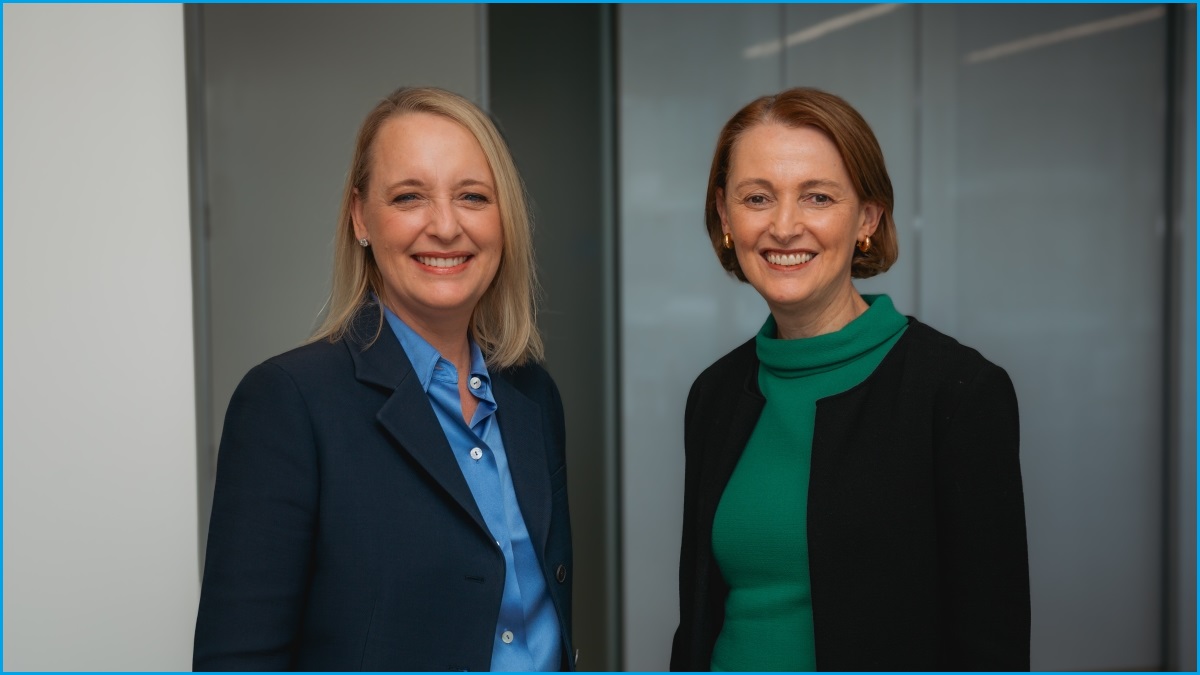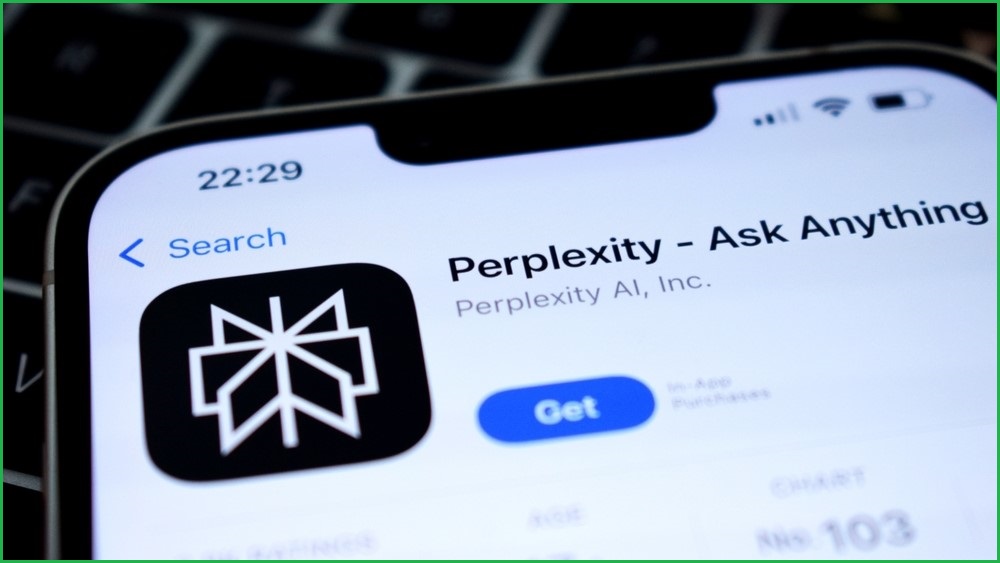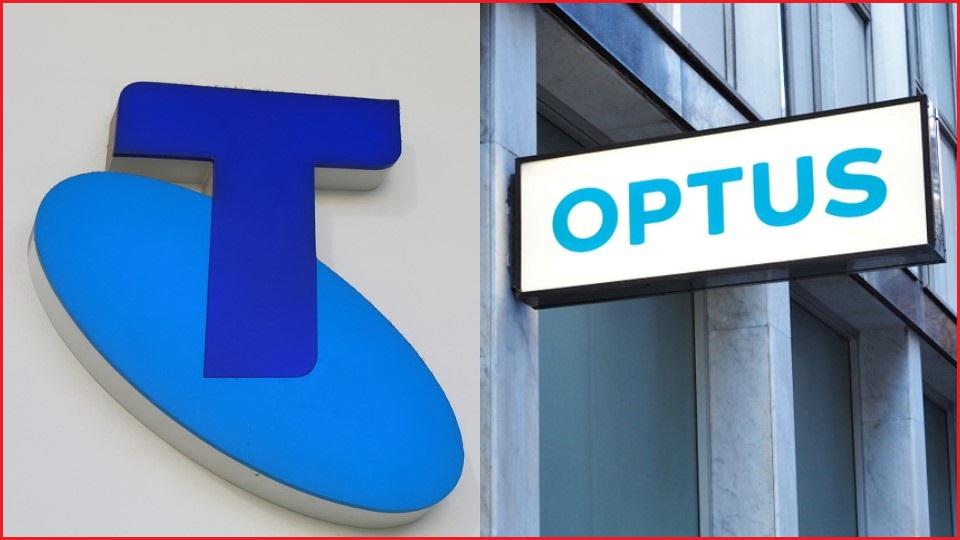Telstra and Optus say generative AI is helping their businesses become more efficient, with Australia’s largest telecommunications provider suggesting the technology will cause its staffing numbers to drop over the next five years.
Telstra will likely have a smaller workforce in 2030 than it does today, partly due to “a significant unlock” facilitated by AI, CEO Vicki Brady told investors last Tuesday as the company foreshadowed “cost reduction and efficiency supported by AI”.
The telco was “stepping up efficiency and consistently pulling levers like AI to get the best possible outcomes”, Brady said.
Group executive of Telstra Consumer, Brad Whitcomb, said AI could help Telstra achieve “a trifecta of improving customer experience, improving employee engagement, and at the same time driving unneeded costs out of the business”.
Almost 3,000 Telstra workers have faced the sack during the company’s reset of its enterprise division, which it argued would allow it to continue investing in infrastructure as data usage increased — but AI is also believed to be a reason for the cutbacks.
Only days before Telstra’s update to investors, Optus CEO Stephen Rue — who was poached from NBN Co last year — said human workers would remain critical at Optus but AI would be used to help them “make better decisions”, as The Guardian reported.
“You’ll always need technicians in the field, you always need people building, you’ll always need people making decisions around creative, people making decisions in call centres for customers — so AI can actually supplement that,” he said.
Optus’s vice president of AI, Samantha Lawson, also told Capital Brief in April that while she would not rule out jobs being lost to AI, some sentiment around AI-fuelled redundancies was “very significantly overblown”.
Telstra 'leaning in hard’ on AI
Telstra’s chief financial officer, Michael Ackand, said the company was “leaning in hard” on AI by investing in technologies to enable further efficiencies.
“In customer engagement we spend over $2 billion per annum in operating costs across activities from sales to contact centres, activation, billing, and customer management — and we think AI will revolutionise these activities,” he said on Tuesday.
Telstra said it was using AI to give its networks “self-configuring, self-optimising, and self-healing properties” amid the continued rollout of 5G, and to build “momentum toward 6G”.
AI was also being used to streamline legacy processes and improve software development, the company told investors.
Brady said much of Telstra’s AI focus had now turned to agentic AI — digital agents which can make decisions and carry out multi-step tasks.
While the company has not yet launched an agentic AI for customers, Brady said Telstra would have more to say “over the coming months”, including about workers “working side by side with AI and AI agents”.
Telstra began a $700 million, seven-year joint venture with global consulting firm Accenture in April, and the two companies opened an AI hub in Mountain View, California, in May.
The telco said the facility would help deliver “foundational architecture and solutions” such as AI agents, which would allow the company to “realise its AI-first ambitions”.

Accenture Chair and CEO Julie Sweet (left) with Telstra CEO Vicki Brady (right). Image: Supplied
The company has already used AI in its contact centres to summarise conversations with customers and create detailed notes for staff.
“That alone has taken about 30 to 60 seconds out of our average handle time — and as you know, if you scale that across millions of contacts, it adds up to a material number,” said Whitcomb.
Telstra has an internal knowledge tool called Ask Telstra, which uses Microsoft’s Azure OpenAI Service and contains product and customer service knowledge which staff can request information from.
Group executive of Telstra Enterprise, Oliver Camplin-Warner, said AI was also being used by salespeople to understand customers and suggest “what sort of sales opportunity stands the maximum chance of success”.
Optus partners with Perplexity, Google, Anthropic
Australia’s second-largest telco, Optus, said it was also turning to AI to improve its network, systems, and customer interactions in the wake of its 2022 data breach and 2023 network outage.
The company announced a partnership with American AI web search firm Perplexity on Monday, offering all six million Optus consumer and small business mobile customers a free 12-month subscription to Perplexity Pro, which includes access to several leading AI models including OpenAI’s ChatGPT and Google’s Gemini.
Anthony Shiner, the chief customer officer of Optus’s consumer division, told Information Age the offer was about “democratising AI and putting customers at the centre of it, allowing them to sample it risk-free”, which argued would lead to “a lot of goodwill”.
Existing customers who have opted to receive marketing material would receive promo codes in "the first couple of weeks of June", Optus said, while customers not signed up for marketing material will need to contact the company to request a code.
New customers who signed up to postpaid mobile plans between 2 June and 31 October 2025 would also be eligible to receive the free Perplexity subscription, Optus said.

Optus is offering its consumer and small business mobile customers a free 12-month subscription to Perplexity Pro. Image: Shutterstock
Elsewhere, Optus has begun using genAI technologies from Google in its AI Concierge chatbot, which it said had led to a 15 per cent reduction in monthly human-assisted enquiries at its contact centres.
GenAI is also being added to the company’s ‘virtual agents’ for improved capabilities across text, voice, and video interactions with customers.
Optus has even been testing a multimodal “digital human” customers can speak to called Sally AI — developed with American AI video firm Tavus — which appears on a user’s phone as the image of a woman with full-face animation and lip-syncing.
The model can request access to a customer’s phone camera and use image recognition technology from Google’s Gemini to help them set up a home internet service.
Internally, Optus uses an AI writing assistant from LivePerson to make messages with customers more “professional, empathetic, and on-brand", as well as GitHub Copilot to help with coding.
It also uses an AI quality assurance tool it co-developed with Google, and is rolling out an internal AI search, chat, and agentic platform called YesGPT, which runs on Anthropic’s Large Language Model (LLM) Claude.
Asked to respond to the Telstra CEO’s February comments that Australia did not need to build its own LLMs, Optus’s head of emerging AI, Jesse Arundell, told Information Age on Monday, “Sovereign AI capability is incredibly important to the future of the Australian economy.”
But Arundell argued the key question was not whether Australia had its own AI foundation models — it was whether people were being educated about and exposed to the technology, he said, as well as whether businesses were being encouraged to use it to become more efficient.










